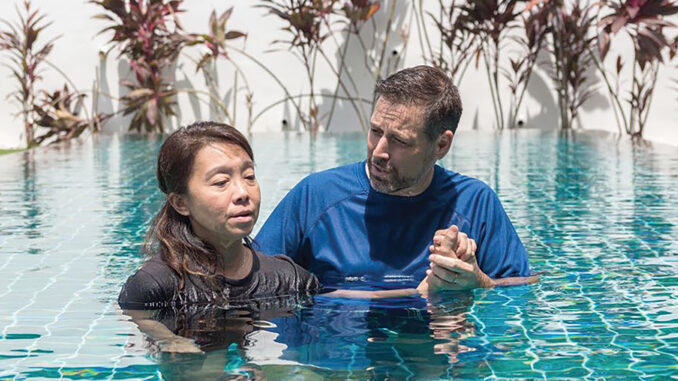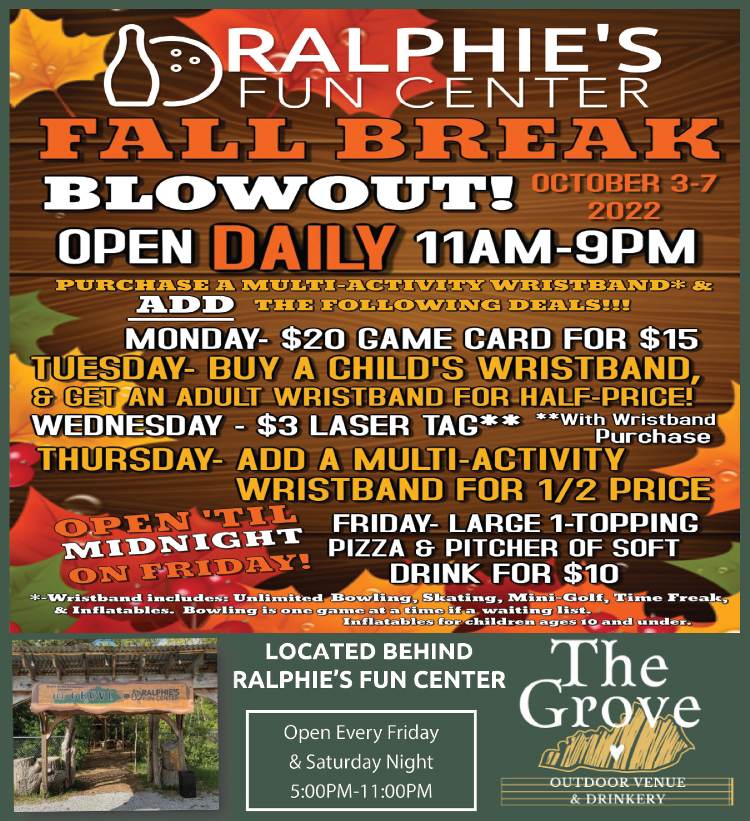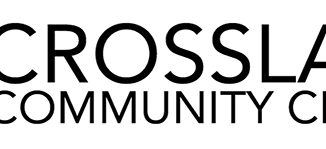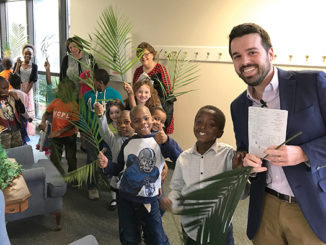
Christianity is a community experiment. I’m not sure how many times I told people that over the course of our time serving as missionaries in Southeast Asia. A newly-launched, highly-optimistic family would be placed into a new city with a vastly different culture and often no Christian culture with which to interact.
Too often missionary teammates live hours apart from any other Christians and may only have an opportunity to worship with other believers once or twice a year. When I heard of families in that state, I’d always push back with the same phrase: Christianity is a community experiment. We shouldn’t be living this life alone.
This doesn’t mean that someone can’t be a follower of Jesus all alone – many can and do – but that situation should be out of necessity. It should not be a strategic choice. How much more impact could a missionary team built of differing races and backgrounds have as they shine the light in a community?
A diverse group of people living and serving one another out of a shared commitment to Jesus and His Kingdom can speak volumes. Imagine Korean, Filipino, South African and Canadian families all working together to plant churches and disciple new Christians. Diversity like that points to how they are unified by their faith and not just a shared mother tongue or home culture.
Sadly, living in a post-COVID world, many people who had been connected to a church stopped attending during lockdowns and have not found compelling enough reasons to return to gathered worship as life has returned to a more normal situation. Worship attendance doesn’t seem compelling because all too often our gatherings are not demonstrating real community and Christianity is a community experiment.
When we returned to Kentucky after more than a decade serving in Asia, we felt the situation quite keenly. We could arrive at church, smile and shake hands, we could make small talk and then leave without ever really connecting to the people sitting around us. For my wife and me, the answer was in connecting to a new church plant in Bowling Green, called Mosaic Church.
In the short time we’ve been part of the community there, we have met in four locations in as many different time slots. But the place we parked our cars or the time we met had much less bearing on us than on the fact that we were connecting with the people we were worshipping alongside. New church plants are small and every person who shows up matters, we like that feeling.
This doesn’t mean that one must worship in a small church to experience real community. There are some large churches that excel at connection. The question isn’t whether a large church or a small one is best. The question is whether or not you are engaging, growing, challenging (and being challenged by) people in a spiritual community you feel connected to.
South Central Kentucky is changing, people are transplanting here from other states and from countries around the world. If you are part of a church now, will people coming here see your faith community and wonder how so diverse a group has come together in a common purpose? Is your church doing the hard work of bringing in new people and allowing them not just to join but also influence culture?
To use the example from above, Filipinos differ culturally from South Africans, and Koreans from Canadians. Working together without friction is impossible, but working together with love, joy, peace, patience, kindness, gentleness, faithfulness and self-control is possible, even if the possibility is other-worldly. Our churches won’t be better by welcoming Californians and telling them to behave in a more Southern manner. Our churches, our communities, will be better when new people come and everyone is encouraged to be more Christ-like.
As we move deeper into 2022, we can allow ourselves to become more and more divided by politics, by economic status, by race, by birth country or we can start to believe that Christianity is a community experiment. In Luke chapter 10 when a traveler found a naked, bleeding man in the road, all that mattered was that the man needed help. At the end of that story, Jesus asked his listeners, “Who was a neighbor to the man?” And the answer was the one who showed him mercy.
Today it is okay for you to realize some days you just really need someone to show you mercy. Some days you just really need someone to listen, to hear you and to care. In your screen-intensive, post-COVID world (your post-church world?), maybe what you need is to see how much stress you’ve been carrying. Maybe more than ever what you need is a community. A community that loves Jesus and, because of that, they accept you for who you are.
We’d love to have you join our small faith community at Mosaic Church some Sunday morning. We meet at 11am at 1260 US 31-W Bypass Suite 1, across from Spencer’s Coffee. But whether you connect with us or with another church, don’t just go through the motions. Be willing to be open and be willing to reach out. Christianity is a community experiment so you can’t expect perfection, but you should expect a welcome.
-by Craig Davis, Worship Leader, Mosaic Church





